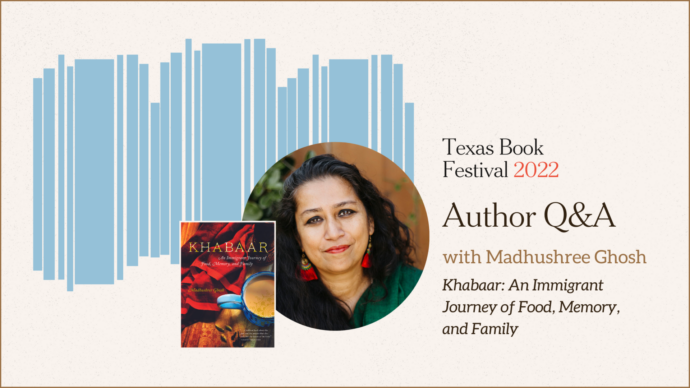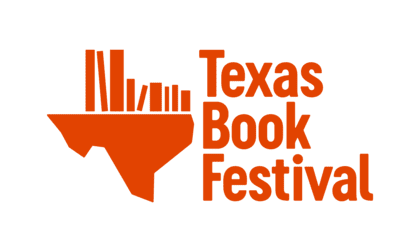Madhushree Ghosh is the author of the novel KHABAAR: AN IMMIGRANT JOURNEY OF FOOD, MEMORY, AND FAMILY.
TBF: Why did you write your new book? What was your inspiration? Where did the idea start?
MG: Khabaar came about to highlight chefs, home cooks, food stall owners and how through immigration, migration and indenture, we were able to move through countries and continue to save ourselves through the food we cooked and kept alive. It also was a reflection of my own life as a woman of color who came to America as an immigrant, held onto the memories of home through food while honoring her parents as refugees from what’s now Bangladesh, in a country she adopted (USA).
The inspiration was homesickness. Everything I write, it is to keep home alive–whether it is home in my adopted country or the one I left behind. The idea started with the fact that when both my parents passed away, I realized their recipes went with them. I cooked food in their memory and it was a revelation to see how much I remembered in terms of recipes, even though I had never cooked those dishes. This led to my exploration on what food means, why do we remember some recipes and how, and what it means for us to hold onto food and comfort in an alien land.
TBF: What’s the last book you read, loved, and can’t stop recommending? Why is it so good?
MG: Arundhati Roy’s Azadi: Freedom. Fascism. Fiction. A slim book of essays, Roy’s activism, her way of looking at the world, to continue to talk about the haves/have nots and how the pandemic sheds light on how the world treats the underprivileged is relentless, concise and raises the awareness of a country run by a nationalist fascist democratically elected government, and how systematically it is using untruths to change history, women’s rights, and non-Hindu rights. It’s an urgent book that parallels what’s happening all around the world and written with her rage, passion and lyrical style, it’s a spectacular volume.
TBF: What’s the first book you remember reading? Who gave it to you?
MG: The first book I read was a Noddy book by Enid Blyton. A problematic author, Blyton’s world was a fantastic one–of speaking animals under toadstools, imaginary friends, animals and toys befriending children. It opened my brain to a world not my own, of a country that wasn’t familiar and of characters with joy in their hearts. It was a book my mother bought me, and from a bookstore that carried only ‘foreign’ books–so it was expensive, precious and a cherished book. Only later is when I found out the problematic themes, the othering of non-white animate/inanimate beings, the imperialist bent of such writing. That too informed me of how a book can be inclusive or exclusive and how a cherished book can be a lesson in what NOT to do.
Catch Madhushree Ghosh on Sunday, November 6 at the State Capitol E1.004 from 12:15 – 1:00 at the 2022 Texas Book Festival!


